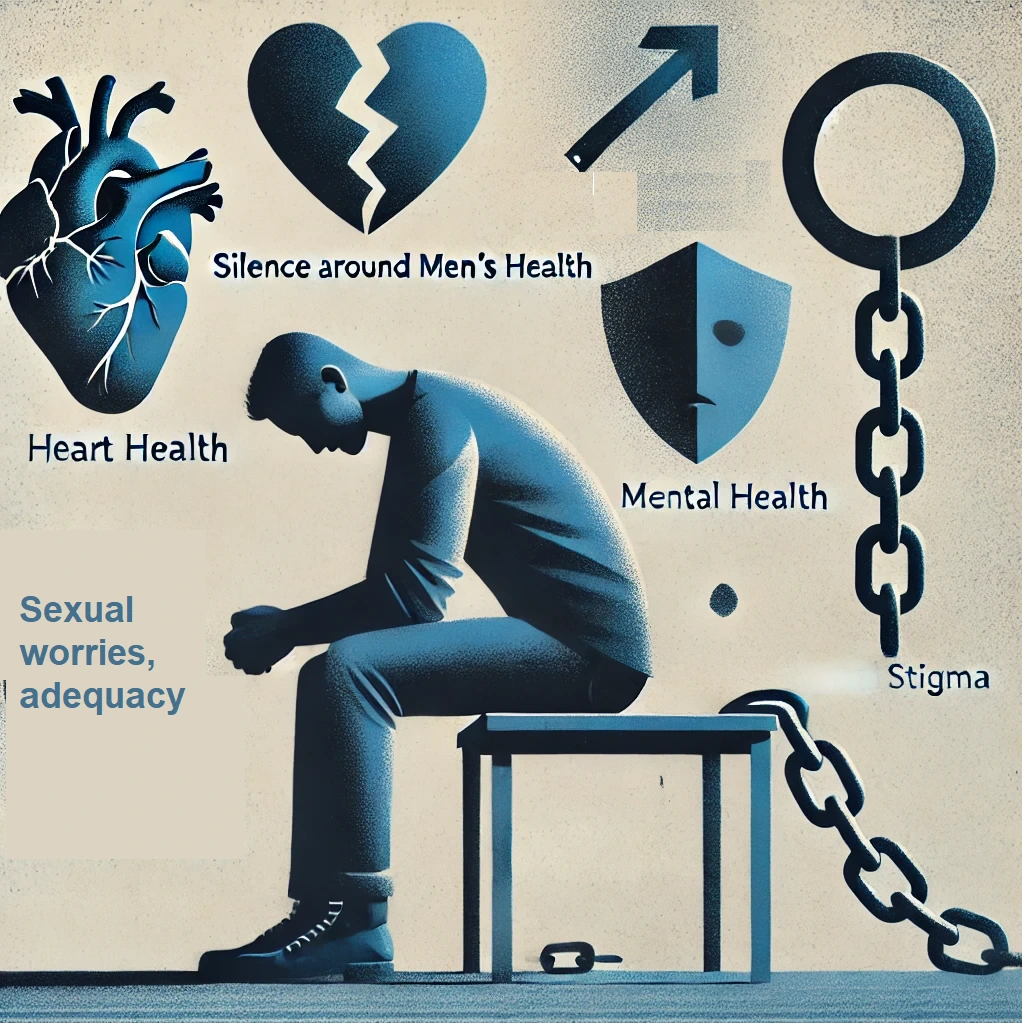Table of Contents
- The Importance of Social Relationships for Men’s Health
- Bridging the Lifespan Gap:
- The Impact of Social Isolation on Men’s Health
- Closing the Longevity Gender Gap:
- Why the Gender Longevity Gap Exists
- Building Stronger Social Connections for Men’s Health
- Conclusion: Promoting Men’s Health and Well-being

The Importance of Social Relationships for Men’s Health
Bridging the Lifespan Gap: How Men's Health Innovations are Closing the Longevity Divide
One such innovation is the growing field of preventive medicine. More men are taking proactive steps in managing their health, from regular screenings for cardiovascular issues to addressing low testosterone levels. Personalized healthcare is also gaining traction, allowing treatments to be tailored to a man’s specific genetic and lifestyle needs, addressing issues before they become serious problems.
Other technologies, like Low-intensity extracorporeal shock wave therapy (LI-ESWT) and HIFEM® technology, are improving sexual health and overall well-being, which can have a ripple effect on a man’s mental and physical health. Studies have reported low-grade complications associated with LI-ESWT, suggesting its overall safety while also emphasizing the need for further research to establish standardized treatment protocols. These treatments not only address immediate concerns but can also improve long-term health outcomes, making it possible for men to live longer, healthier lives.
As more men embrace these innovations, we’re seeing a shift toward a more proactive approach to health that could finally bridge the longevity gap between men and women.
The Impact of Social Isolation on Men’s Health
On the flip side, social isolation can have serious negative consequences for men’s health. Men who are socially isolated are more likely to experience depression, anxiety, and other mental health problems. This isolation often leads to unhealthy behaviors, such as substance abuse, and increases the risk of developing chronic diseases like heart disease and diabetes. Furthermore, social isolation can exacerbate existing health problems, making it more difficult for men to manage their health and well-being. The lack of social support can create a vicious cycle where poor mental health leads to poor physical health, and vice versa, highlighting the critical need for social connections in maintaining overall health.
Closing the Longevity Gender Gap: Nutrition, Exercise, and Preventive Medicine in Public Health for a Longer, Healthier Life
While women tend to live longer than men, this doesn’t have to be the case. Men can take charge of their health and extend their lifespans by focusing on a few key areas: nutrition, exercise, and preventive medicine.
When it comes to nutrition, the focus should be on maintaining a lean physique. It’s not about obsessing over specific foods—just eat in a way that keeps your body lean and strong. Excess weight leads to unnecessary strain on your heart and other organs, contributing to a shorter lifespan. The goal is straightforward: consume what helps you stay fit and lean, without overcomplicating things. Keeping yourself in shape is what matters most.
Exercise is another key pillar. Men tend to engage in more physically demanding work or risky activities, which can put them at greater risk for injury. However, regular, moderate exercise—like weight lifting, cardio, or even daily walking—can help maintain overall strength, mobility, and heart health as men age. Keeping physically active also helps with mental health, lowering stress and boosting mood, which can further support a longer life.
Finally, preventive medicine is essential. Many men are hesitant to visit the doctor unless something is seriously wrong, but regular check-ups can catch problems early. Screenings for high cholesterol, hypertension, prostate health, and testosterone levels can ensure that men stay on top of their health before issues become unmanageable. Preventive care, combined with advances in personalized treatments and therapies, can give men the tools they need to live longer, healthier lives.
Why the Gender Longevity Gap Exists
One reason for the lifespan gap is that men often live more adventurous and risky lives. From a young age, many men are drawn to thrill-seeking activities—whether it’s extreme sports, military service, or physically demanding jobs like construction or firefighting. These activities can lead to injuries, accidents, or long-term health issues. Additionally, men tend to engage in behaviors like smoking, excessive drinking, or ignoring medical advice, which all contribute to a shorter lifespan.
Addressing how men relate to the world today and fostering community engagement are crucial steps in improving health outcomes.
But the good news is that men can take control of their health by adopting safer habits, focusing on preventive care, and incorporating healthier lifestyle choices. The key is to recognize that while adventure is part of what makes life exciting, longevity comes from finding a balance between thrill and health-conscious decisions.
Building Stronger Social Connections for Men’s Health
Building stronger social connections is essential for promoting men’s health and well-being. There are several ways to do this, including:
Joining a social club or organization that aligns with your interests. Whether it’s a sports team, a book club, or a hobby group, these organizations provide a sense of community and belonging.
Volunteering for a cause you care about. Volunteering not only helps others but also fosters a sense of purpose and connection.
Participating in group fitness activities, such as sports or exercise classes. These activities promote physical health while also providing opportunities to meet new people.
Attending community events, such as concerts or festivals. These events are great ways to engage with your local community and build new relationships.
Reaching out to friends and family members to stay connected. Regular communication with loved ones can provide emotional support and strengthen bonds.
Conclusion: Promoting Men’s Health and Well-being
In conclusion, promoting men’s health and well-being requires a comprehensive approach that addresses the physical, emotional, and social aspects of health. By understanding the importance of social relationships, the impact of social isolation, and the ways to build stronger social connections, we can work towards creating a healthier and more supportive society for men. Prioritizing men’s health and well-being not only improves individual health outcomes but also reduces healthcare costs and enhances the quality of life for men and their families. By fostering a community that values and supports men’s health, we can make a significant impact on public health and well-being.
Peak Masculinity
Starts Here

By Dr. Ryan Welter
August 15, 2025




